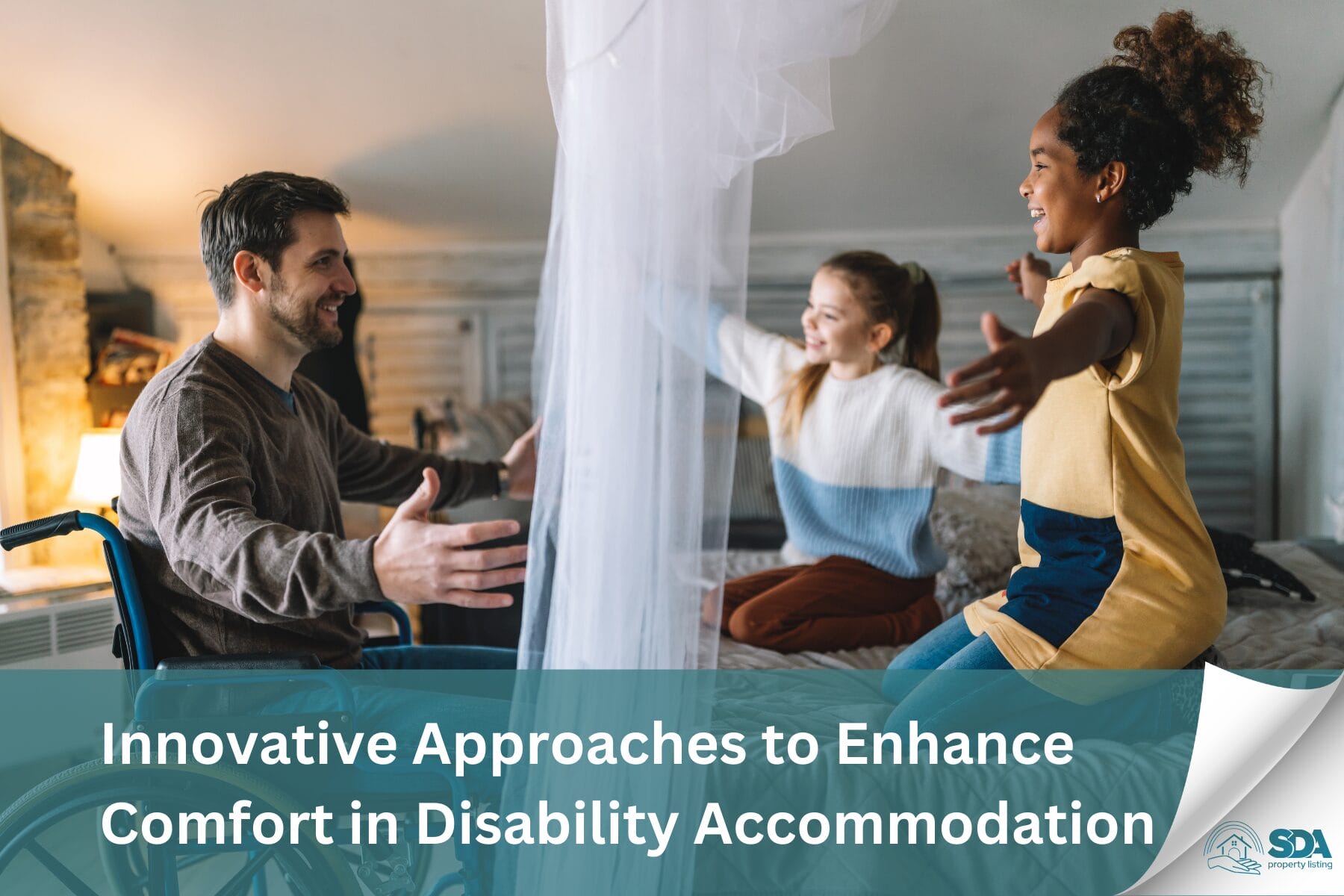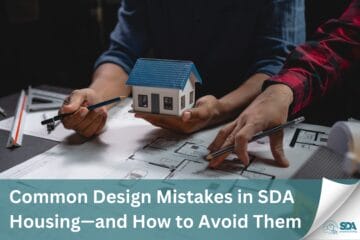
Innovative Approaches to Enhance Comfort in Disability Accommodation
The world of disability accommodation has seen a seismic shift in recent years, all thanks to a wave of innovative technologies and approaches aimed at enhancing the lives of individuals with disabilities. Specialist Disability Accommodation (SDA), in partnership with the National Disability Insurance Scheme (NDIS) in Australia, is leading the charge in this transformation. Their mission? To create living spaces that are not only accessible but also supremely comfortable and empowering. Let’s dive into some of the game-changing strategies and solutions they’re implementing.
Smart Home Technology
Imagine a home where you can control the lights, adjust the thermostat, and even secure the doors with just your voice. This isn’t the stuff of sci-fi anymore; it’s reality, thanks to smart home technology. For residents in disability accommodations, these innovations mean a whole new level of independence. Voice-activated assistants, automated lighting, and climate control systems are just a few examples of how smart devices are making daily life easier. For those with limited mobility, the ability to manage household tasks without assistance is nothing short of a game-changer.
Universal Design Principles
Think about a home where every feature, from the front door to the kitchen counter, is designed with everyone in mind. That’s the essence of universal design principles. Wider doorways, step-free entrances, adjustable countertops, and non-slip flooring make homes not just accessible but downright comfortable for all. By embracing these principles, SDA providers ensure that their accommodations are functional and welcoming for people with diverse needs.
Sensory-Friendly Environments
For individuals with autism spectrum disorders or sensory processing issues, everyday environments can sometimes feel overwhelming. That’s why creating sensory-friendly spaces is so crucial. This means using soundproofing materials to keep things quiet, choosing muted color schemes, and installing adjustable lighting to create a calming atmosphere. Additionally, having quiet spaces and sensory rooms available offers residents a sanctuary to unwind and relax, contributing significantly to their mental well-being.
Assistive Technologies
The realm of assistive technologies is truly transforming disability accommodation. From mobility aids and communication devices to advanced prosthetics and environmental control systems, these tools are empowering individuals to live more independently. Picture a robotic exoskeleton that helps someone walk, or an eye-tracking device that allows someone with severe physical limitations to communicate. These innovations are not just enhancing comfort; they’re changing lives.
Sustainable and Eco-Friendly Designs
Sustainability isn’t just a buzzword; it’s a crucial aspect of modern living, including in disability accommodation. Eco-friendly designs improve not only the environment but also the health and comfort of residents. By using sustainable materials, energy-efficient systems, and green building practices, we can create healthier indoor environments with better air quality and natural lighting. Plus, these designs often lead to lower utility costs, offering a financial respite for residents.
Community Integration and Social Connectivity
A sense of community is vital for everyone, and it’s no different for those in disability accommodations. Innovative design and service delivery approaches are making it easier for residents to connect with their communities. This includes creating communal spaces for social interaction, organizing events and activities, and ensuring easy access to local amenities and services. By fostering social inclusion, SDA providers are helping residents build meaningful relationships and engage more fully with their communities.
Conclusion
The future of disability accommodation is bright, thanks to these innovative approaches that enhance comfort and independence. Through smart home technology, universal design, sensory-friendly environments, assistive technologies, sustainable designs, and community integration, SDA providers in collaboration with the NDIS are revolutionizing what it means to live comfortably and independently with a disability. As we continue to push the boundaries of what’s possible, the quality of life for individuals with disabilities will only improve, opening up endless possibilities for the future.








